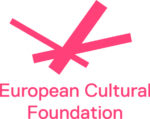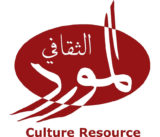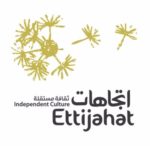WorldCP was an online database of cultural policy profiles for countries worldwide, which allowed users to monitor and analyse global trends in arts and cultural policy. WorldCP was launched in 2011 by the International Federation of Arts Councils and Culture Agencies (IFACCA) as a tool for policy makers, researchers, advocates and the global community. The WorldCP profiles follow the structure developed of the Compendium of Cultural Policies & Trends, which was initially developed by the Council of Europe and the ERICarts Institute. The WorldCP programme was closed in 2017 when the Federation revised its programmes in line with the needs of its members.
WorldCP
WorldCP Asia
Although the WorldCP website is no longer owned and maintained by IFACCA, the static historic profiles can still be accessed online. WorldCP-Asia was a central component of WorldCP, for which the Asia Europe Foundation (ASEF) served as the Regional Secretariat from 2011 to 2017. The developed profiles of India, the Philippines, South Korea and Viet Nam can be accessed on ASEF’s website. Please note that the profiles include information current at the time of original publication, which may no longer be accurate. An exception is the profile for the Philippines, which was updated in 2020.
WorldCP MENA Region
In 2009, Culture Resource (Al Mawred Al Thaqafy), a non-profit organisation supporting artistic creativity in the Arab region, launched a regional initiative to help identify the main features of cultural policy in a selection of Arab countries. This research project was part of Culture Resource’s multiannual Cultural Policy Programme (supported by the European Cultural Foundation, ECF, and Mimeta). Under the supervision of Culture Resource, researchers from Lebanon, Syria, Jordan, Palestine, Egypt, Algeria, Tunisia and Morocco created cultural policy profiles for their countries, using the Compendium’s methodological grid as an outline.
In collaboration with Ettijahat, the profiles were translated, updated and published on IFACCA’s WorldCP-website. With the help of the ECF, the historic profiles found a new home at the Compendium in 2018 and can be accessed below.




